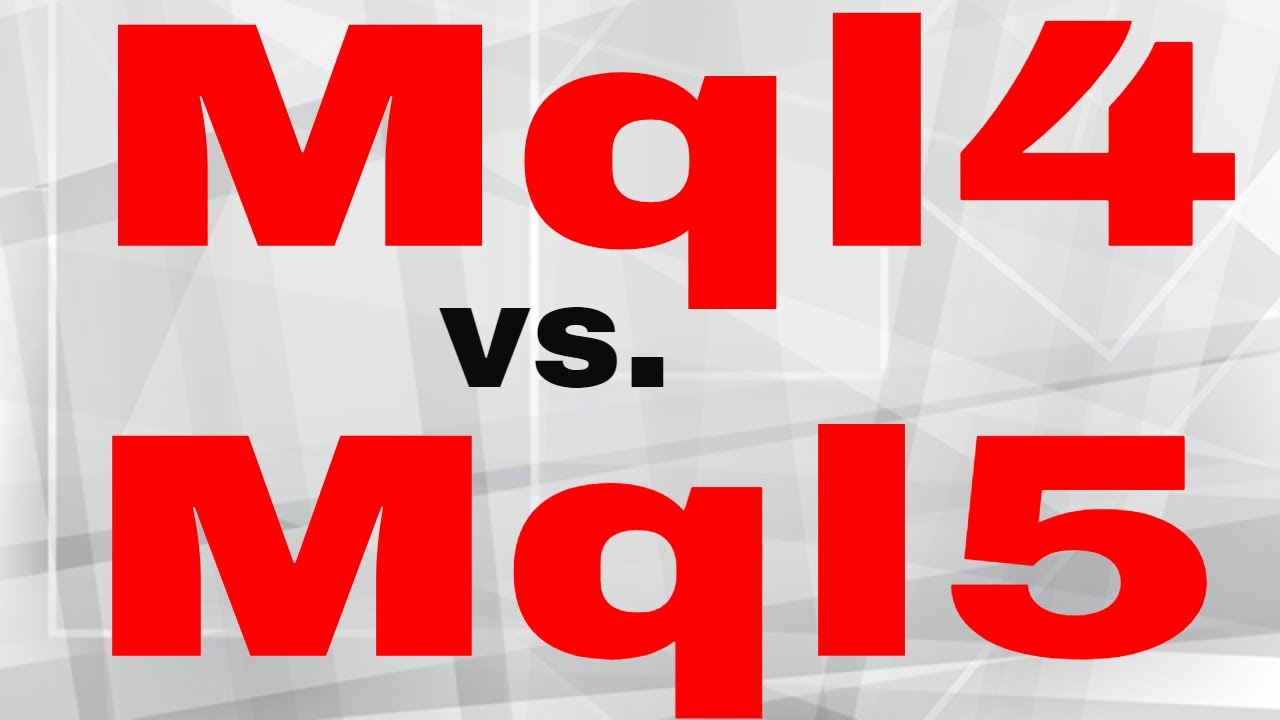
MQL4 and MQL5 are powerful programming languages used for developing trading algorithms in the financial markets. These languages are specifically designed for creating custom indicators, scripts, and expert advisors for the MetaTrader trading platform. Understanding the key facts about MQL4 and MQL5 is essential for anyone involved in algorithmic trading or interested in delving into this field. From their differences to their capabilities, knowing these languages inside out can significantly impact the success of trading strategies.
In this article, we will explore seven crucial facts about MQL4 and MQL5 that every trader and developer should know. Whether you're a seasoned algorithmic trader or just starting out, these insights will provide a comprehensive understanding of the capabilities and nuances of these languages. Let's dive into the world of MQL4 and MQL5 to uncover the essential information that can elevate your trading algorithm development journey.
Key Takeaways:
- MQL4 and MQL5 are powerful programming languages designed for creating automated trading strategies within the MetaTrader platform. They offer a wide range of technical indicators, support automated trading, and seamless integration with MetaTrader.
- Traders can leverage MQL4 and MQL5 to develop versatile and adaptable trading algorithms that can be backtested for performance evaluation. The languages also provide extensive community support and resources for collaboration and innovation.
MQL4 and MQL5 are Programming Languages for Trading Algorithms
MQL4 and MQL5 are programming languages specifically designed for developing trading algorithms within the MetaTrader platform. These languages enable traders to create custom indicators, scripts, and expert advisors to automate trading strategies. MQL4 is the language used for developing applications compatible with MetaTrader 4, while MQL5 is designed for MetaTrader Both languages offer powerful tools for implementing algorithmic trading and technical analysis.
Directed by Oliver Stone, this iconic war film took the world by storm with its raw portrayal of the Vietnam War.
MQL4/MQL5 Provide Extensive Technical Indicators and Analysis Tools
Traders can leverage a wide range of technical indicators and analytical tools within the MQL4/MQL5 environment. These tools enable the creation of complex trading algorithms based on various technical analysis methods, including moving averages, oscillators, and trend indicators. Additionally, MQL4/MQL5 support the integration of custom indicators, allowing traders to implement unique trading strategies based on their specific requirements.
MQL4/MQL5 Facilitate Automated Trading
One of the key features of MQL4/MQL5 is their ability to facilitate automated trading. Traders can develop expert advisors (EAs) using these languages to execute trades automatically based on predefined conditions. This automation capability enables traders to implement their trading strategies without the need for manual intervention, thereby enhancing efficiency and enabling round-the-clock trading.
MQL4/MQL5 Support Backtesting of Trading Strategies
MQL4/MQL5 provide robust support for backtesting trading strategies, allowing traders to assess the performance of their algorithms using historical market data. This feature enables traders to evaluate the viability and effectiveness of their strategies before deploying them in live trading environments. By conducting thorough backtesting, traders can gain valuable insights into the potential profitability and risk exposure of their trading algorithms.
MQL4/MQL5 Offer Multi-Currency and Multi-Timeframe Support
Traders can develop versatile trading algorithms using MQL4/MQL5, as these languages support the analysis and trading of multiple currency pairs across various timeframes. This flexibility allows traders to create algorithms that can adapt to different market conditions and asset classes, enhancing the applicability of their trading strategies.
MQL4/MQL5 Provide Seamless Integration with MetaTrader Platform
MQL4/MQL5 seamlessly integrate with the MetaTrader platform, offering a user-friendly environment for developing and deploying trading algorithms. The tight integration ensures that algorithms developed using these languages can be easily executed within the MetaTrader ecosystem, providing traders with a streamlined experience for algorithmic trading.
MQL4/MQL5 Offer Extensive Community Support and Resources
Traders and developers utilizing MQL4/MQL5 benefit from a vibrant community that provides ample resources, including forums, tutorials, and code libraries. This extensive support network enables users to seek assistance, share knowledge, and access a wealth of pre-built components and code snippets, fostering collaboration and innovation within the MQL4/MQL5 ecosystem.
Conclusion
In conclusion, understanding the key differences between MQL4 and MQL5 is crucial for traders and developers seeking to create effective trading algorithms. While MQL4 has been a staple in the industry for years, MQL5 introduces advanced features and a more versatile approach to algorithmic trading. Traders can leverage the enhanced functionality of MQL5 to access additional markets and execute more complex strategies. By recognizing the distinct characteristics of each language, traders and developers can make informed decisions that align with their specific trading objectives and technical requirements.
FAQs
Q: What are the main differences between MQL4 and MQL5?
A: MQL5 offers a more comprehensive and flexible approach to algorithmic trading, providing support for additional markets, improved code execution speed, and enhanced object-oriented programming capabilities compared to MQL4.
Q: Can algorithms written in MQL4 be easily converted to MQL5?
A: While there are similarities between the two languages, converting MQL4 algorithms to MQL5 may require significant modifications due to the differences in syntax, functions, and features. Traders and developers should carefully assess the complexity of the algorithm before initiating the conversion process.
Was this page helpful?
Our commitment to delivering trustworthy and engaging content is at the heart of what we do. Each fact on our site is contributed by real users like you, bringing a wealth of diverse insights and information. To ensure the highest standards of accuracy and reliability, our dedicated editors meticulously review each submission. This process guarantees that the facts we share are not only fascinating but also credible. Trust in our commitment to quality and authenticity as you explore and learn with us.
